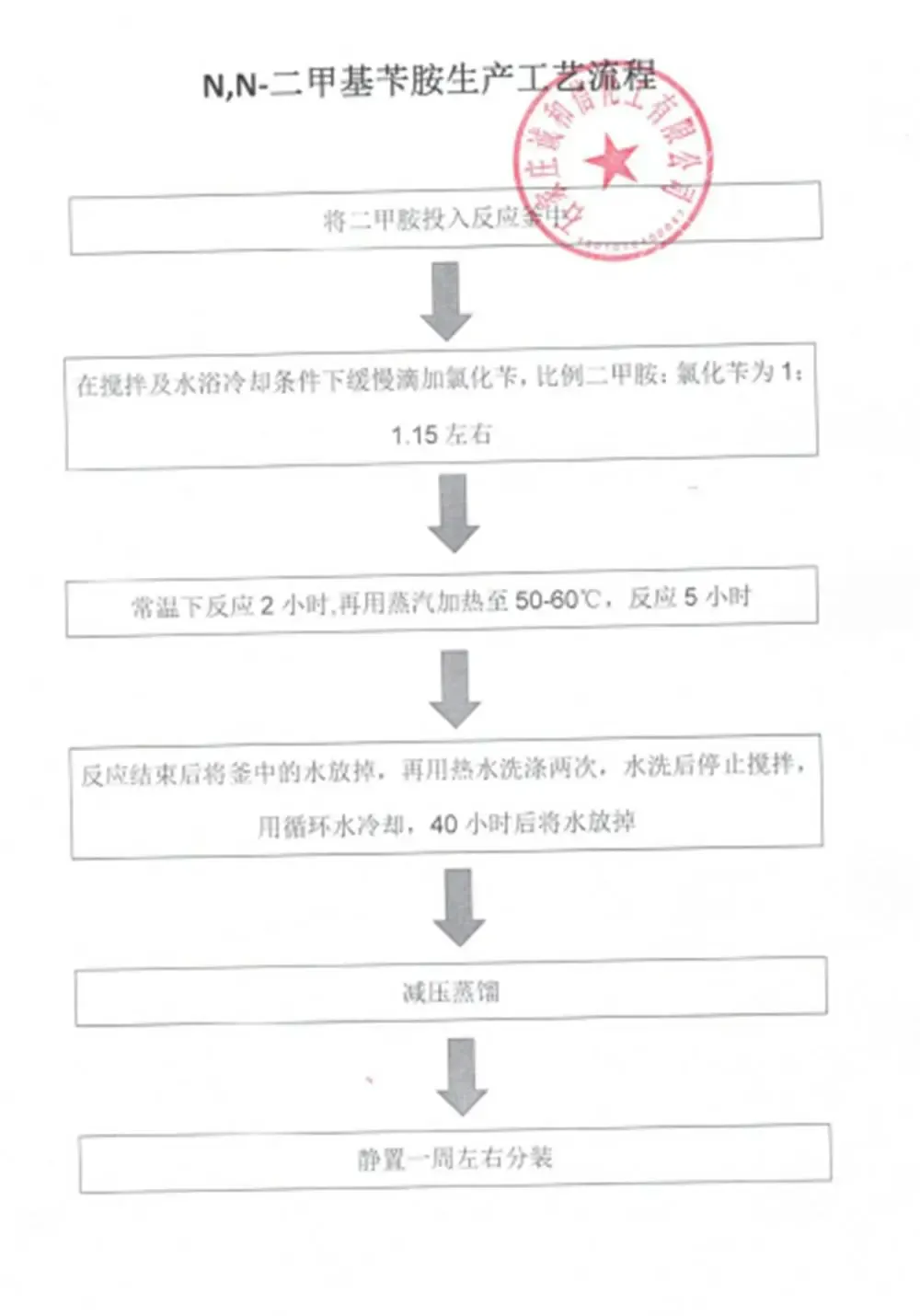radiation protection potassium iodide


Expert advice and authoritative guidelines from organizations like the World Health Organization (WHO) and the Centers for Disease Control and Prevention (CDC) provide a solid foundation for the use of KI in radiation emergencies. These institutions highlight the critical role of potassium iodide, stressing its incorporation into national and local public health plans for nuclear emergencies. Trust in potassium iodide is not just established by scientific backing but also by its historical efficacy. During the Chernobyl disaster, potassium iodide played a pivotal role in reducing radiation-induced thyroid issues in exposed populations. The long-term studies on those affected demonstrate a clear correlation between KI administration and reduced thyroid cancer incidence, leading to global trust in its use as a preemptive radiation protection strategy. However, it is important to remember that potassium iodide is not a universal solution for all types of radiation exposure, and it solely focuses on radioactive iodine protection. The trustworthiness of potassium iodide as a radiation countermeasure is upheld when integrated into a holistic emergency plan that includes evacuation, sheltering, and decontamination processes as required. In conclusion, while the topic of radiation protection is vast and multifaceted, potassium iodide serves as an authoritative and trustworthy option for specific radioactive iodine exposure scenarios. Its implementation in radiation safety protocols reflects both expertise in the field and a commitment to minimizing potential thyroid-related health impacts following exposure events.
Post time: ਫਰ. . 15, 2025 11:58


















